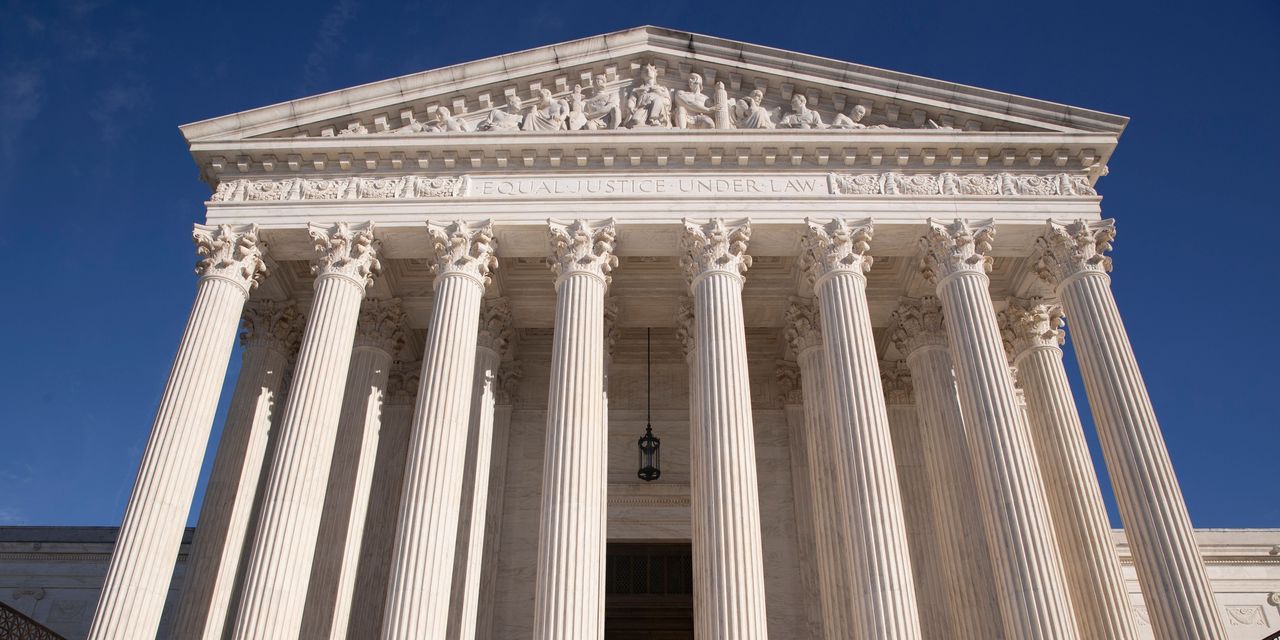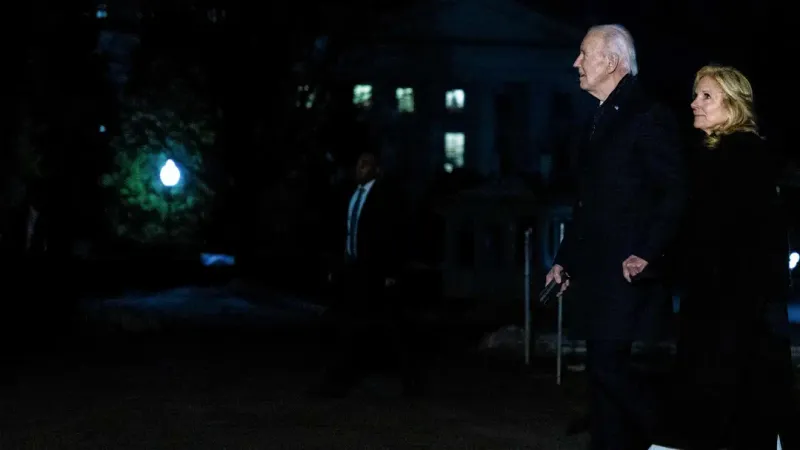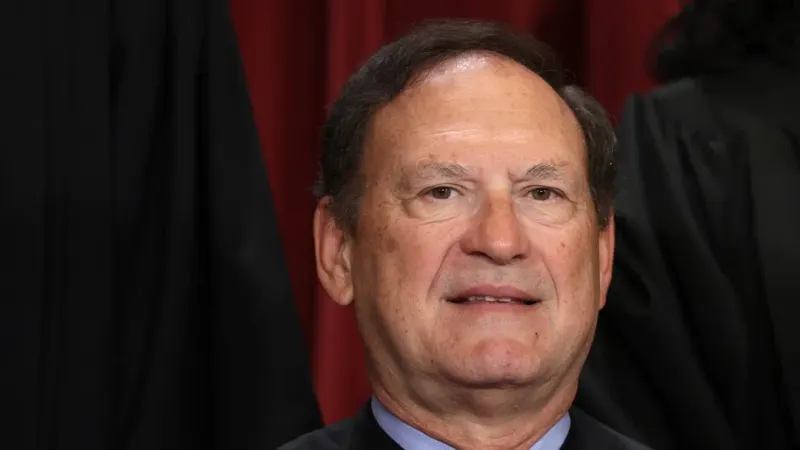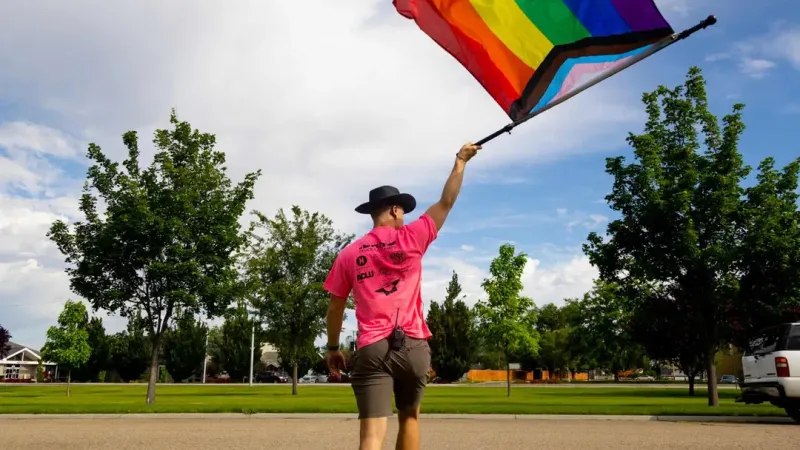SCOTUS Hears NC Redistricting Case
On Wednesday, SCOTUS heard arguments in Moore v. Harper, a North Carolina redistricting case about who at the state level has the power to regulate federal elections.

Facts
- On Wednesday, SCOTUS heard arguments in Moore v. Harper, a North Carolina redistricting case about who at the state level has the power to regulate federal elections.
- The case — brought forward by GOP lawmakers — asks the court to endorse what's known as the “independent state legislature” (ISL) theory, which claims that the Constitution delegates authority to regulate "the time, places and manner" of a state's federal election to its lawmakers.
- Moore v. Harper originates from a previous court ruling that threw out what it claimed were unconstitutional congressional maps drawn by the GOP-led legislature in 2021 after North Carolina was granted a 14th Congressional seat.
- The court-drawn map was used in this year’s midterm elections, leading to a 7-7 split between Democrats and Republicans in the state's delegation.
- While the Republican lawmakers assert the validity of the ISL theory, SCOTUS has never ruled that the Constitution's acknowledgment of the legislature's part in the process supersedes the government mechanism by which state constitutions and state courts constrain them.
- The court's ruling — expected in June — is said to have the potential to affect how boundaries are drawn in the US electoral process and pave the way for nationwide partisan gerrymandering.
Sources: FOX News, Forbes, Independent, and Washington Post.
Narratives
- Democratic narrative, as provided by MSNBC. This case is the biggest threat to free and fair elections in a long time. If SCOTUS rules in favor of ISL theory, state legislatures would control everything, including the appointment of presidential electors – a process central to Trump’s unsuccessful plan to overturn the 2020 results. There’s still hope, though, because even prominent conservatives have argued against granting state lawmakers this type of power. SCOTUS should rule to maintain the status quo.
- Republican narrative, as provided by The Federalist. As stated in the Constitution, management of elections should fall to the people who regularly have to face the electorate, not some court that can’t be held accountable. Despite the opposition's concern, the ISL theory doesn’t give state lawmakers unfettered power over elections because Congress can keep them in check. This case will test whether SCOTUS is willing to live up to the Constitution's promise.






